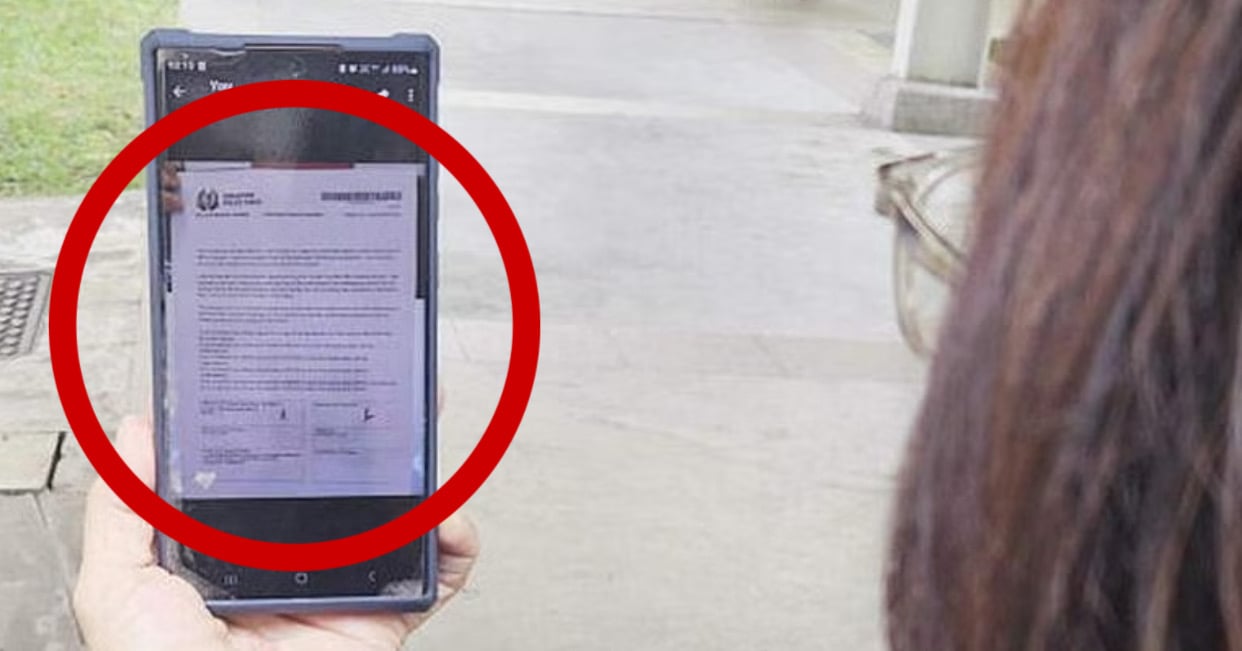Would you buy food from Facebook?
Well, most of us wouldn’t. But if you’re the minority that would, here’s why you shouldn’t.
59-Year-Old Woman Believed in Cash-on-Delivery Facebook Advertisement
What would it take to convince you to trust a Facebook advertisement?
For a particular woman surnamed Li, all it takes is two things. First, the transaction must be cash-on-delivery. Second, the listing price must be high.
A 59-year-old woman surnamed Li shared that last month, she came across a Facebook advertisement for fried crab rolls selling at $8 per box.
While initially suspicious of the advertisement, her concerns were alleviated after she realised the seller had indicated that the transaction would be “cash-on-delivery”.
Nothing could go wrong if cash is involved right? No credit cards, no third-party apps, no strange links.
Further, the fried crab rolls were priced at $8 per box, which is relatively expensive—to the woman, it was a relief knowing that this advertisement wasn’t another of those cheap but shady promotions.
Wah. Perhaps I should start using higher listing prices on Carousell.
Anyway, Li eventually contacted the seller on WhatsApp to order ten boxes of crab rolls. The seller called Li to confirm the order and sent multiple links to other food products.
At this point, everything was going fine. The 59-year-old fully trusted the seller she was speaking to.
Later on, she would come to regret this.
“Trusted” Seller Sends Link Leading Woman to Third-Party Platform
On the same day, the “trusted” seller suddenly sent the woman another link, requesting Li to install a third-party app to make a $5 deposit.
At this point, Li made a fatal mistake—she clicked on the link.
It’s a canon event lah. The link brought the 59-year-old to a payment interface requesting bank account information.
At this point, the 59-year-old started to get suspicious. She immediately exited the third-party platform. However, the platform’s interface kept showing a “processing” screen.
Out with the white screen of death. It’s time for the processing screen of death.
That’s not all. The 59-year-old’s phone started lagging after she installed a few files on her phone.
Li’s favourite “trusted” seller later started calling her every hour, claiming that there were unauthorised transactions in her bank account. The seller urged Li to log into her banking app to verify these transactions.
Yet, when the 59-year-old tried logging into her banking app, she could not access it.
Uh oh… This is why people have trust issues.
Later, Li also received a call from a woman claiming to be bank staff requesting Li’s bank details. Fortunately, Li refrained from providing these details.
However, by this point, her vigilance wasn’t enough to save her anymore. The gears of the scam started turning the moment she made the mistake of clicking the link to the third-party platform, and there was nothing she could do to stop it.
Li eventually got scammed of $7,430.20.
She lodged a police report subsequently. Investigations are ongoing.
The lesson here? Crab rolls, just buy from supermarket lah.
Scams have recently been increasingly prevalent in Singapore, from “paid survey” scams to Pink WhatsApp scams. That’s why it’s paramount for you to know how to avoid scams.
If you have encountered a scam, call the Anti-Scam Helpline at 1800-722-6688 or visit the ScamAlert website to learn more about the latest scams.
